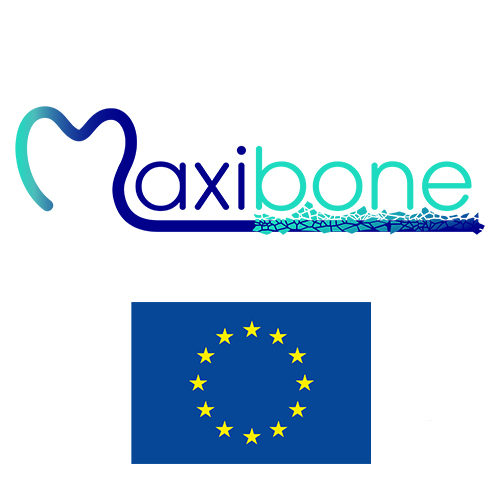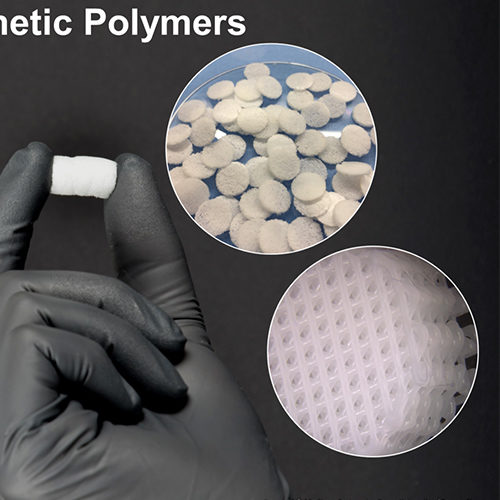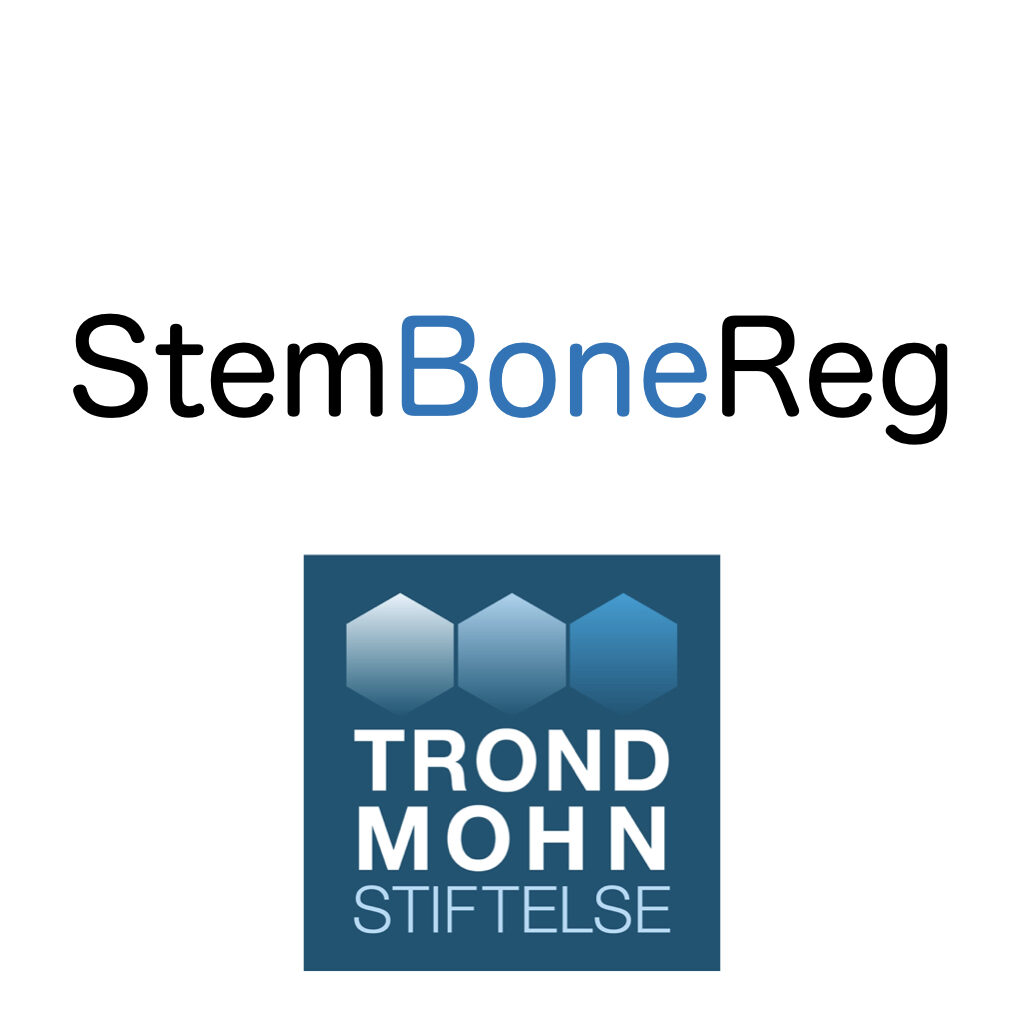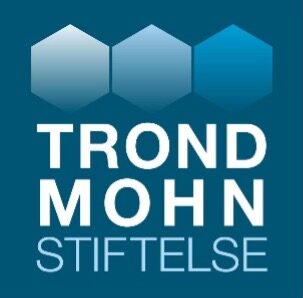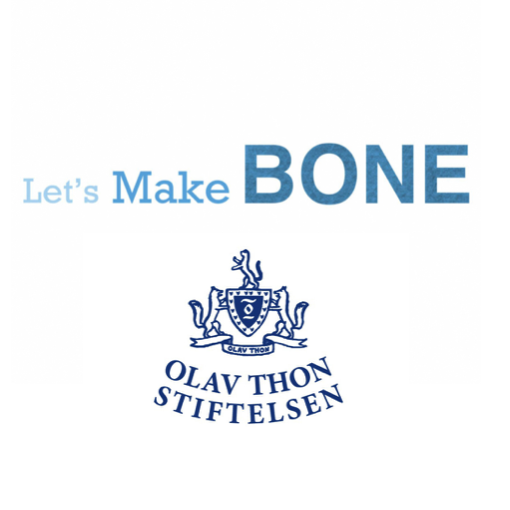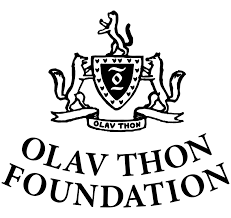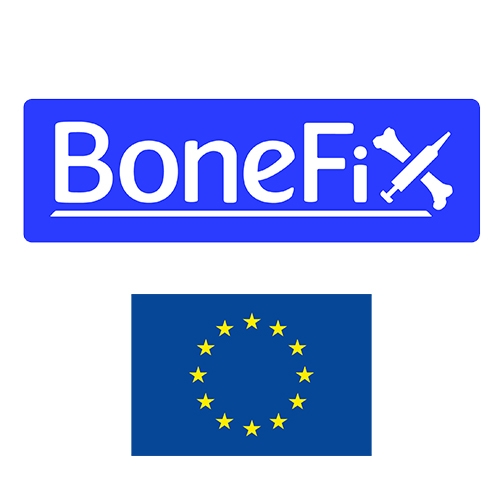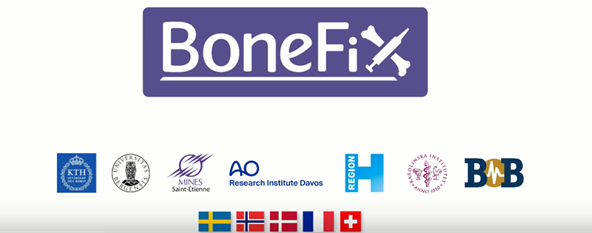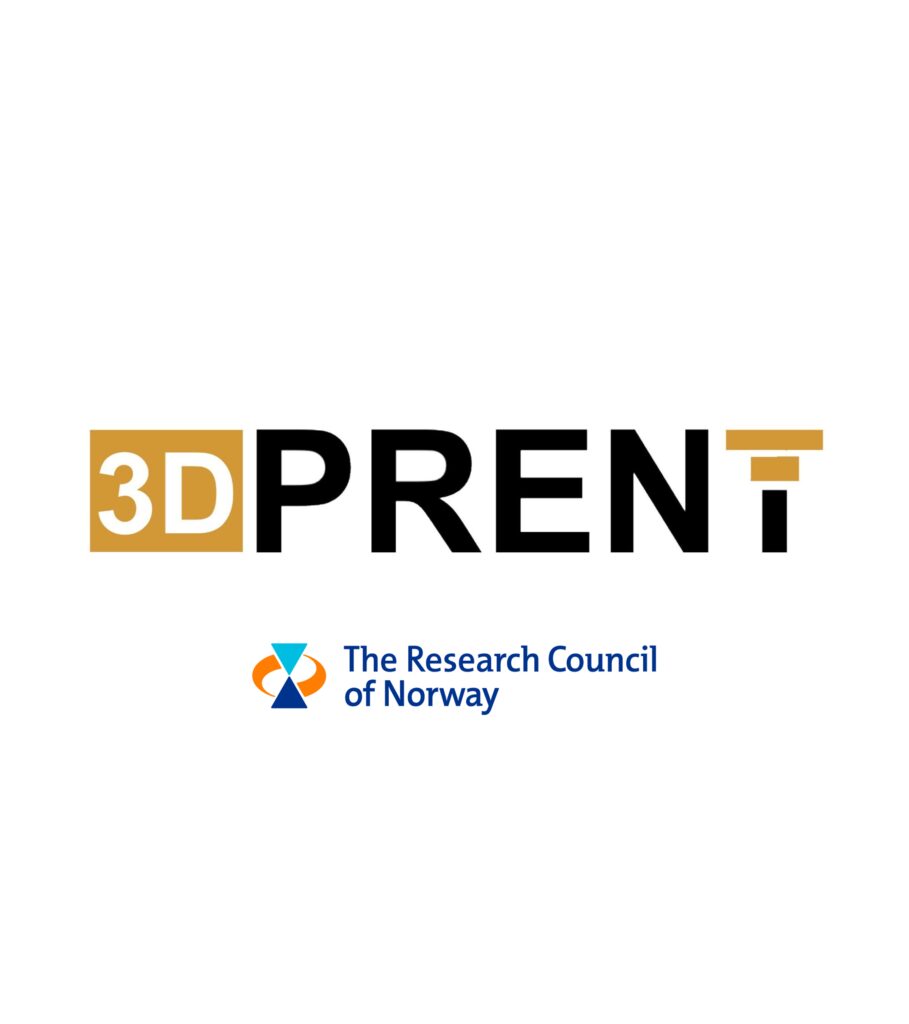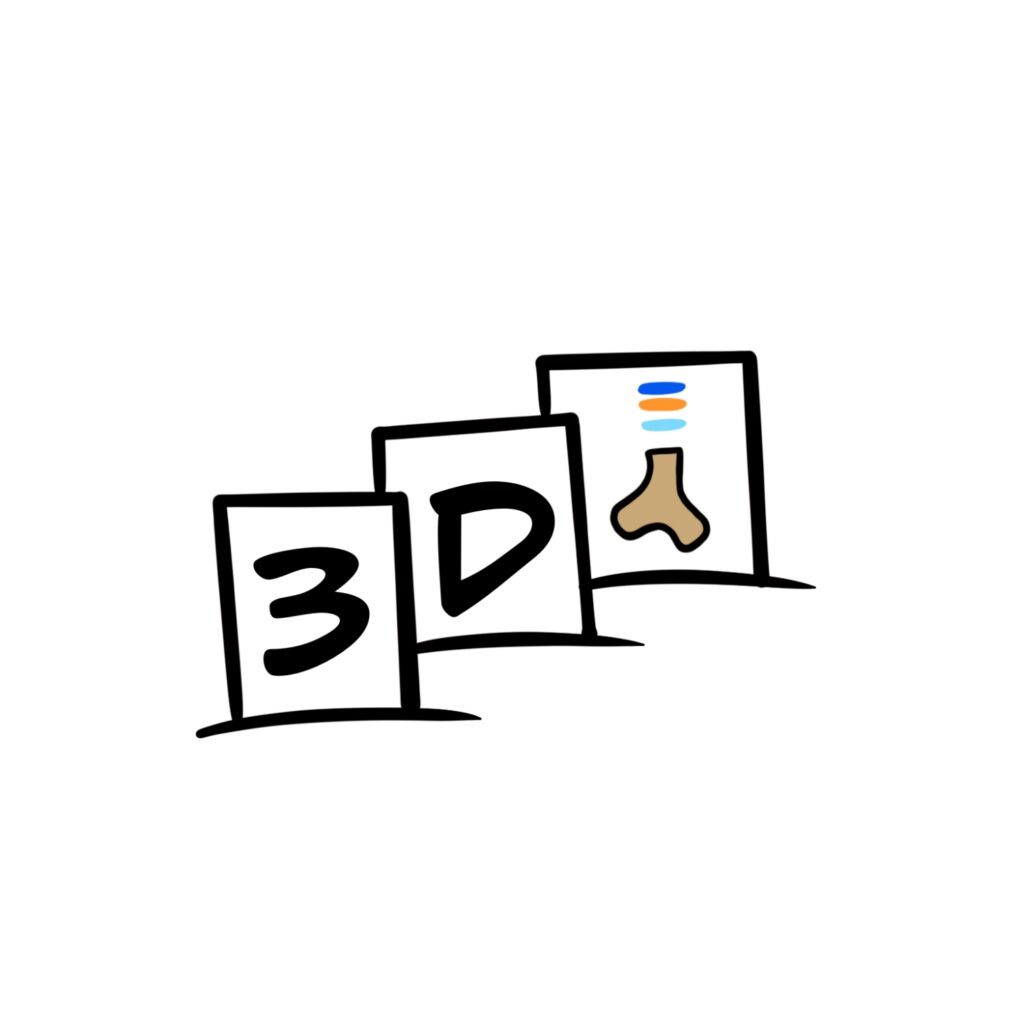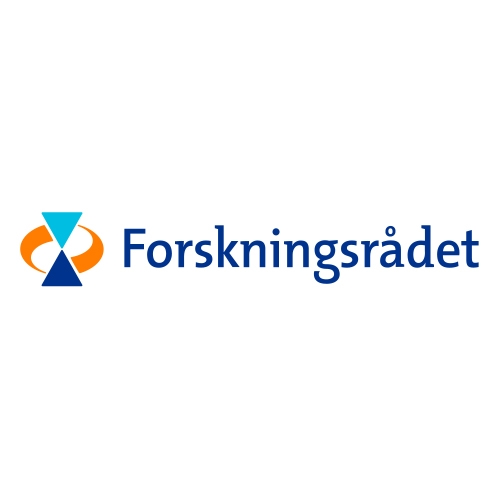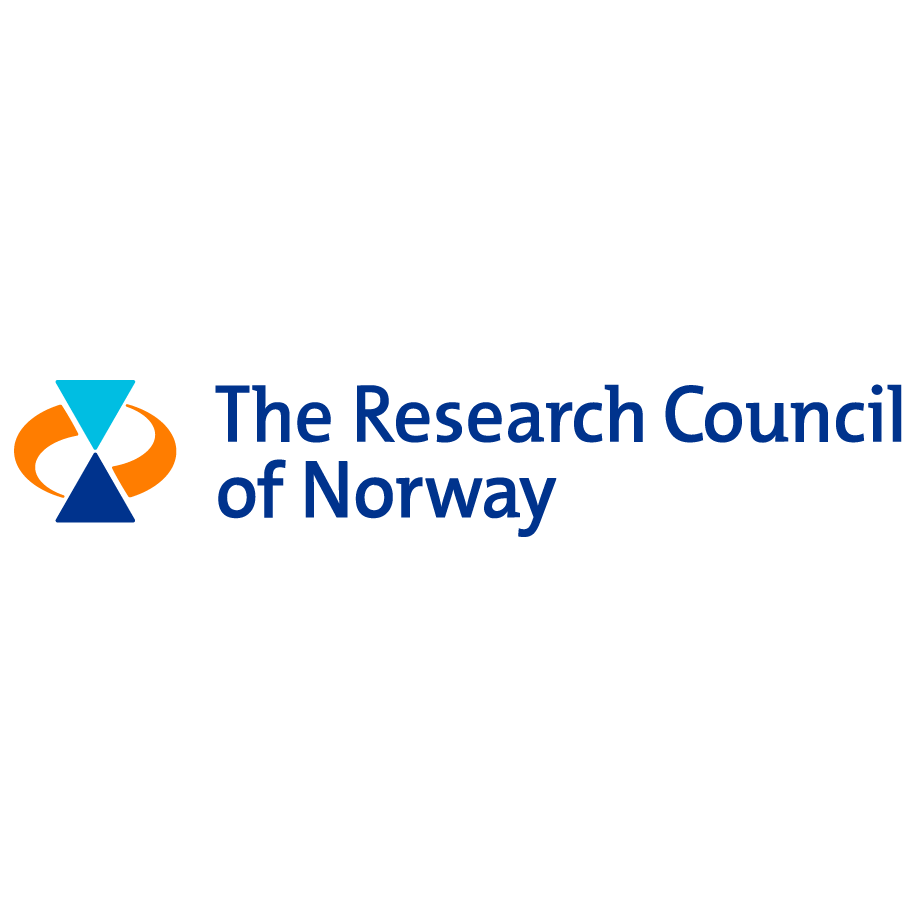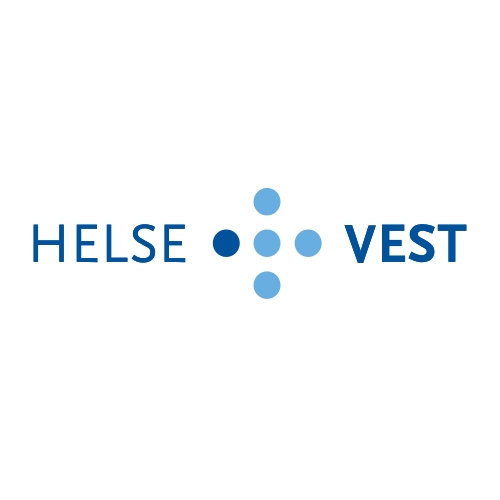The European project MAXIBONE aims to create personalized maxillary bone regeneration by using culture expanded autologous bone marrow stem cells and biomaterials. This project, coordinated by prof. Pierre Layrolle at Inserm UMR 1238, Phy-Os, University of Nantes and prof. Kamal Mustafa at University of Bergen (UiB), started in January 2018 as a four year program with an European funding of 6 million euros. The consortium gathers 12 partners from 6 European countries including research laboratories, academic hospitals, cell therapy units, an SME manufacturing biomaterials and the global leader of dental implants.
In the project MAXIBONE, a randomised controlled multicenter trial of 150 patients will compare the safety and efficacy of autologous cultured stem cells and calcium phosphate biomaterials with autologous bone grafting in alveolar bone augmentation prior to dental implants. The multicenter European trial is sponsored and led by Kamal Mustafa and Cecilie Gjerde at UiB. In a previous European project REBORNE, the clinical safety of this regenerative strategy was demonstrated on 11 patients.
This regenerative method, in simple terms, involves collecting bone marrow from the iliac crest (the upper part of one of the pelvic bones at the hip level) of the patient. These stem cells are cultured in blood transfusion institutes located in Germany and France. After two weeks, the culture expanded mesenchymal stem cells are associated with synthetic bone substitutes made from calcium phosphate, a compound naturally present in bones and teeth. The cells attached on biomaterials are grafted on maxillary and mandible bone ridges to increase their volume. On the control arm, autologous bone (Gold standard) is harvested from the mandibular ramus and transplanted to the site of augmentation. After 5 months, cone beam computed tomography is performed to evaluate bone volumes for insertion of dental implants. Core biopsies are analysed by synchrotron, micro-computed tomography and histology. Dental implants are placed and osteo-integrated for 3 months before loading with prosthetic elements.
In addition to the clinical trial, the MAXIBONE project has another research project concerning the manufacture of anatomical bone substitutes by 3D printing from scanner images of patients. This research project is coordinated by the innovative biomaterial SME Mimetis in Barcelona, Spain.

